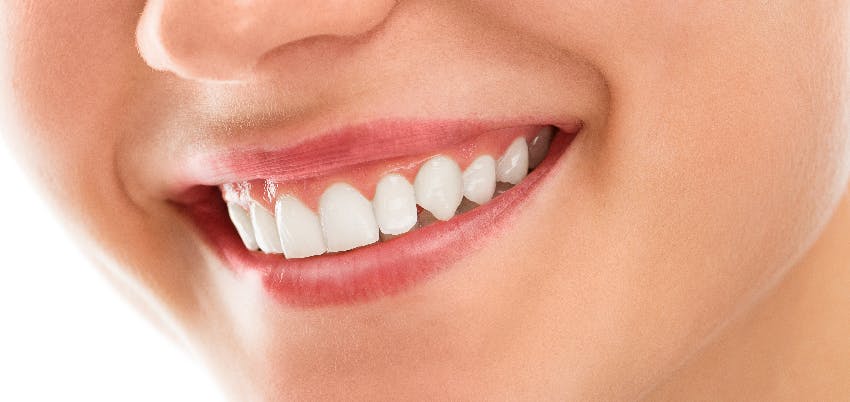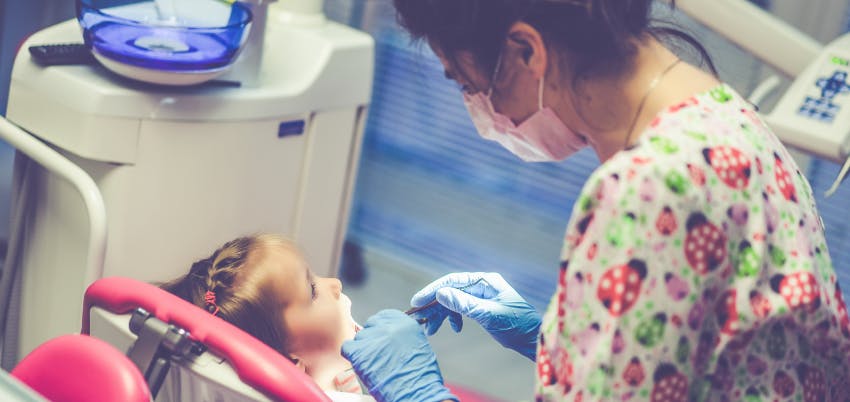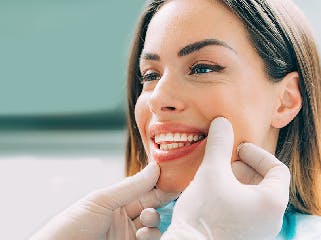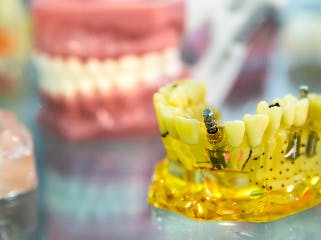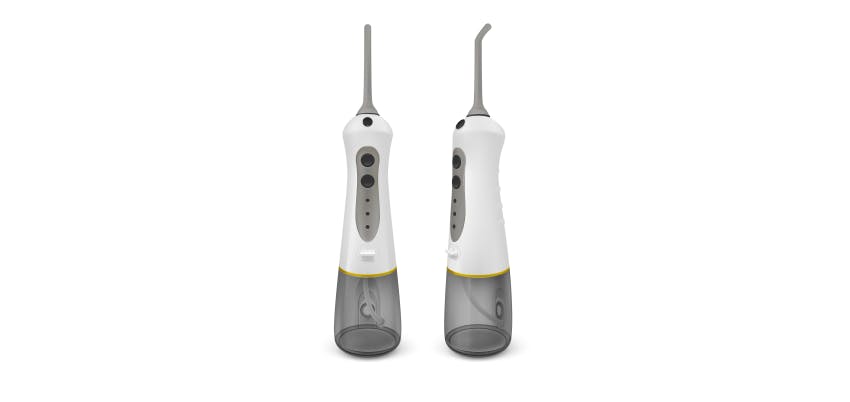
Dental irrigator, the perfect ally for a deep tooth cleaning
by Wildsmile
You may never have heard of a dental irrigator and all the health benefits it brings to your mouth. What will surprise you is that your dentist uses it every time he or she cleans your mouth. In this article you will know all the merits of having a toothbrush for your personal use.
What is a dental irrigator?
The dental water jet is a device that irrigates water under pressure to carry out a deep cleaning of both teeth and gums. Through this practice, combined with periodic oral cleanings and constant brushing, it helps us to maintain a good oral health. Thanks to the pressure of the water jet, it allows us to clean areas that the brush is not able to reach, resulting in a better extraction of bacterial plaque, tartar and food residues. Many times when these areas are not cleaned correctly, it favours the accumulation of the bacteria that cause various diseases such as cavities, halitosis, the decalcification of enamel plaque and gingivitis.
How to use the dental irrigator
Before using your dental irrigator it is very important that you brush and floss all your teeth perfectly. Then you will have to choose the most suitable mouthpiece for the shape and position of your teeth. Once you have done all of the above, it is time to apply the water jet to your entire denture. The time and frequency of use of the dental irrigator depends on each person, but generally your dentist will recommend you to use it once a day for two minutes.
One of the most popular benefits is that it provides a great feeling of cleanliness and freshness. As a tip, we recommend you to add some mouthwash to the water in the tank, this will not only increase the freshness, but also help to eliminate bacteria.
For whom is the dental irrigator recommended?
If you have dental implants, crowns, prostheses or orthodontics, it is highly recommended to have a mouth irrigator at home, since with more reason your teeth will be exposed to more bacteria, as well as to the accumulation of food. Now, if you are a diabetic, oral irrigation is a must, since patients with diabetes are predisposed to periodontitis, which is the acute inflammation of the gums that can lead to the loss of teeth. Likewise, the use of the dental irrigator is very beneficial for bad breath or halitosis, bleeding gums or periodontal pockets.
Now you are aware of the importance of having a dental irrigator at home! Thanks to this the health of your whole mouth will improve day by day, making your teeth healthier and more resistant. If you are interested in getting your dental irrigator, we invite you to order it in our online shop, CLICKING HERE.
Want to learn more about this?
Contact us
Your contact request is registered. We will contact you as soon as possible.
Lorem ipsum dolor sit amet, consectetur adipisicing elit. Adipisci alias aliquid amet commodi dolor, dolore doloremque dolores fugit quod repellat.
 ENG
ENG


